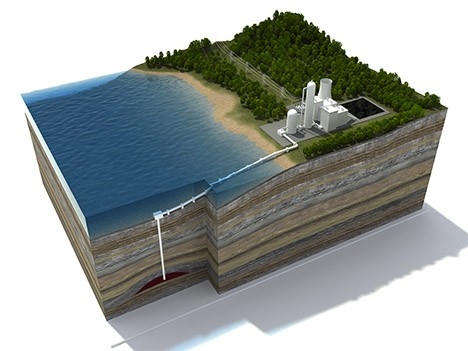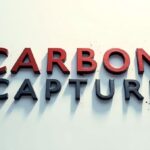January 25, 2015 – Once again the energy companies of the world have found a retreat from carbon to be too painful for their pocket books. The latest is a decision by four European utilities to opt out of a decade long carbon capture and sequestration project. Germany’s RWE, France’s Electricite de France (EDF) , Sweden’s Vattenfall AB and Spain’s Gas Natural Fenosa all announced they were no longer committed to the Zero Emission Platform (ZEP), citing that the technology was too expensive.
ZEP is an organization that includes scientists, environmental groups and companies all focused on finding ways to capture and bury carbon emissions from coal, oil and gas-fired power plants. The European companies claimed that the economic conditions on the continent were unfavorable.
Dr. David Reiner, Senior Lecturer in Technology Policy, Cambridge University is a participant in ZEP (Zero Emission Project) and is quoted stating, “although it is easy to explain away individual corporate decisions, taken as a whole, the fact that four major European utilities are leaving the main institutional focus for CCS in Europe has to be seen as a matter of serious concern if one is to believe the EU’s commitment to the technology.”
CCS is under siege with only a few projects committed beyond pilot studies. The largest, the Saskatchewan Boundary Dam Project was heavily subsidized by government before finally beginning operations. This pattern of large, for-profit energy companies squeezing government for more money, or suddenly opting out because they don’t want to spend much of their own money mitigating the carbon produced in their operations, is consistent for much of the industry.
And in light of the most recent study by Massachusetts Institute of Technology researchers, showing that much of the sequestered carbon remains in a tenuous or gaseous state after being put underground, suggests that CCS may be a dead end in addressing carbon reduction.
Last week in Brussels the Annual Technology Evening of The European Power Plant Suppliers Association (EPPSA) met to discuss the future of coal and gas plants in Europe. The President of the organization described the plight of the industry in these words, “thermal power is vilified in the current push for renewables. We are considered to be dirty – we are the bad guys.” He went on to describe what thermal power will be like in 2030 stating that 100% renewable is not doable because of intermittency and the lack of commercial-scale storage. He pointed out that ZEP and CCS is not a success and “it’s on its way to complete failure.” These words coming from the head of the association of producers are quite revealing. Without a masterplan to achieve a decarbonized economy it would seem that energy utility companies may have to put their money to work to either make CCS work, or decarbonize by finding answers to the intermittency and storage challenges holding back a move to 100% renewable energy.










The folks who are worried about atmospheric CO2 buildup better start thinking in terms of crash programs for AI robots that will operate thorium cycle nuclear power plants and build electric cars cheap. The only real solution is drastic population reduction. There are carbon free energy solutions, but they are too costly using human labor. If you can’t do it with robots, you can’t do it at all.